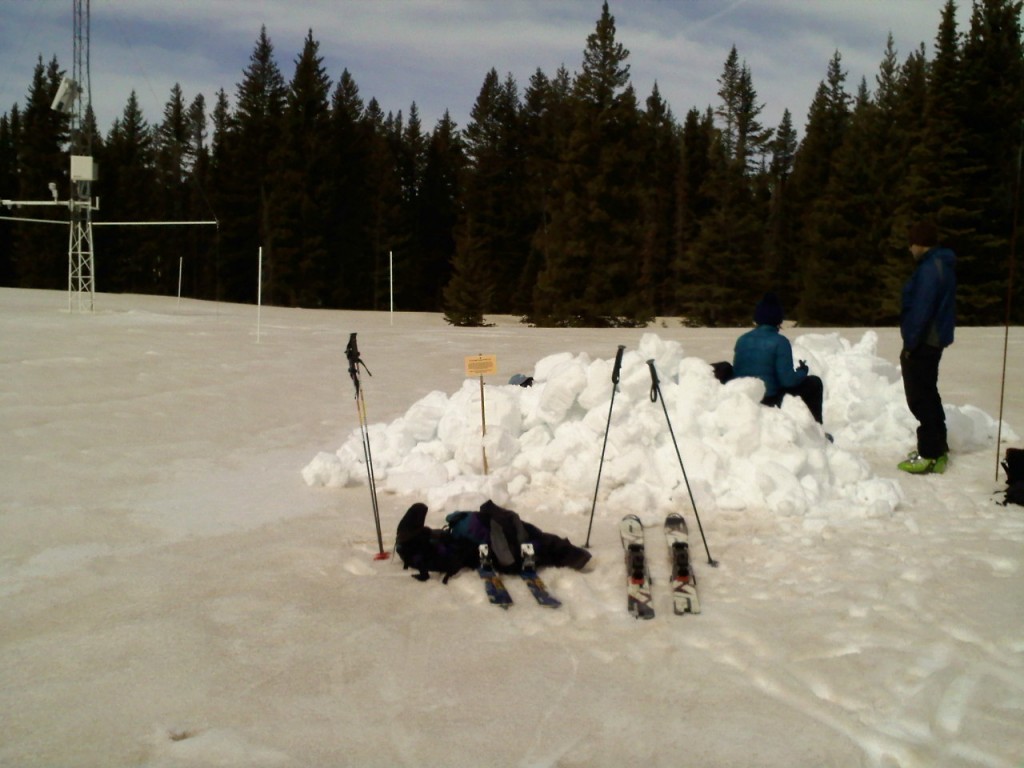
Spring is a nervous time for skiers and farmers. I’m both of these, and every April I watch the weather even more closely than usual. As a skier, I’m waiting for crust — the year’s most magnificent snow conditions.
Spring’s warm temperatures compress the winter’s deep snowpack and when the freeze/thaw cycles line up just right, a firm crust forms on the top of the snow. This crust provides an ideal surface for skate skiing. In mid-season, skaters are confined to the groomed tracks, but come crust season, you can ski anywhere and everywhere without slogging. Conditions are fast and fun. It’s skiing at its finest. Crust cruisers often find themselves spontaneously emitting sounds of glee, such as “yippeeee!” Continue reading



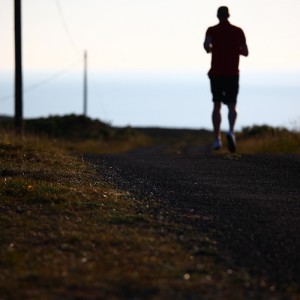
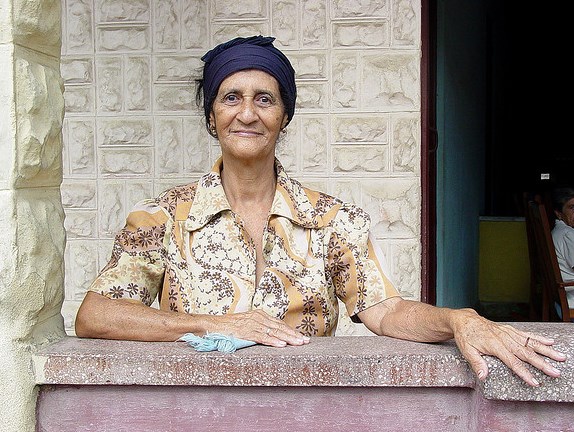
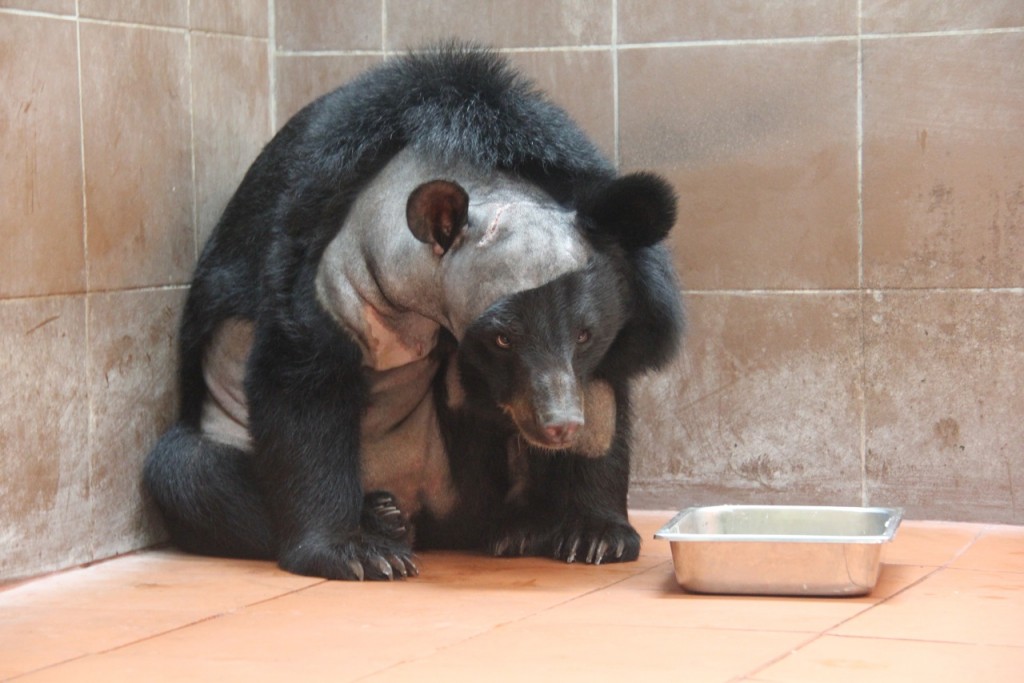
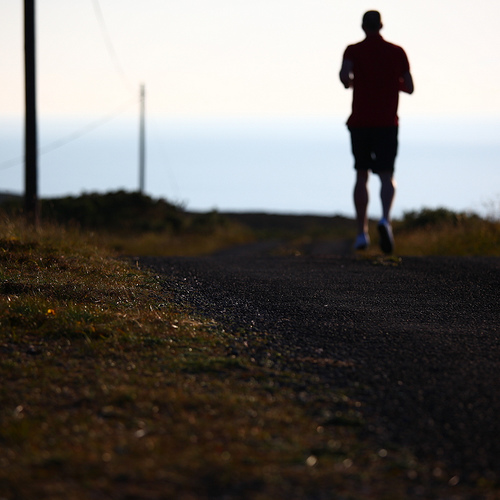
 An important decision faces Oregon’s lawmakers this week. It concerns a $2.4 billion industry, an organism that’s important in genetics and other research, and a ritual that boosts the happiness of the multitudes, starting around 5 o’clock in the afternoon.
An important decision faces Oregon’s lawmakers this week. It concerns a $2.4 billion industry, an organism that’s important in genetics and other research, and a ritual that boosts the happiness of the multitudes, starting around 5 o’clock in the afternoon.